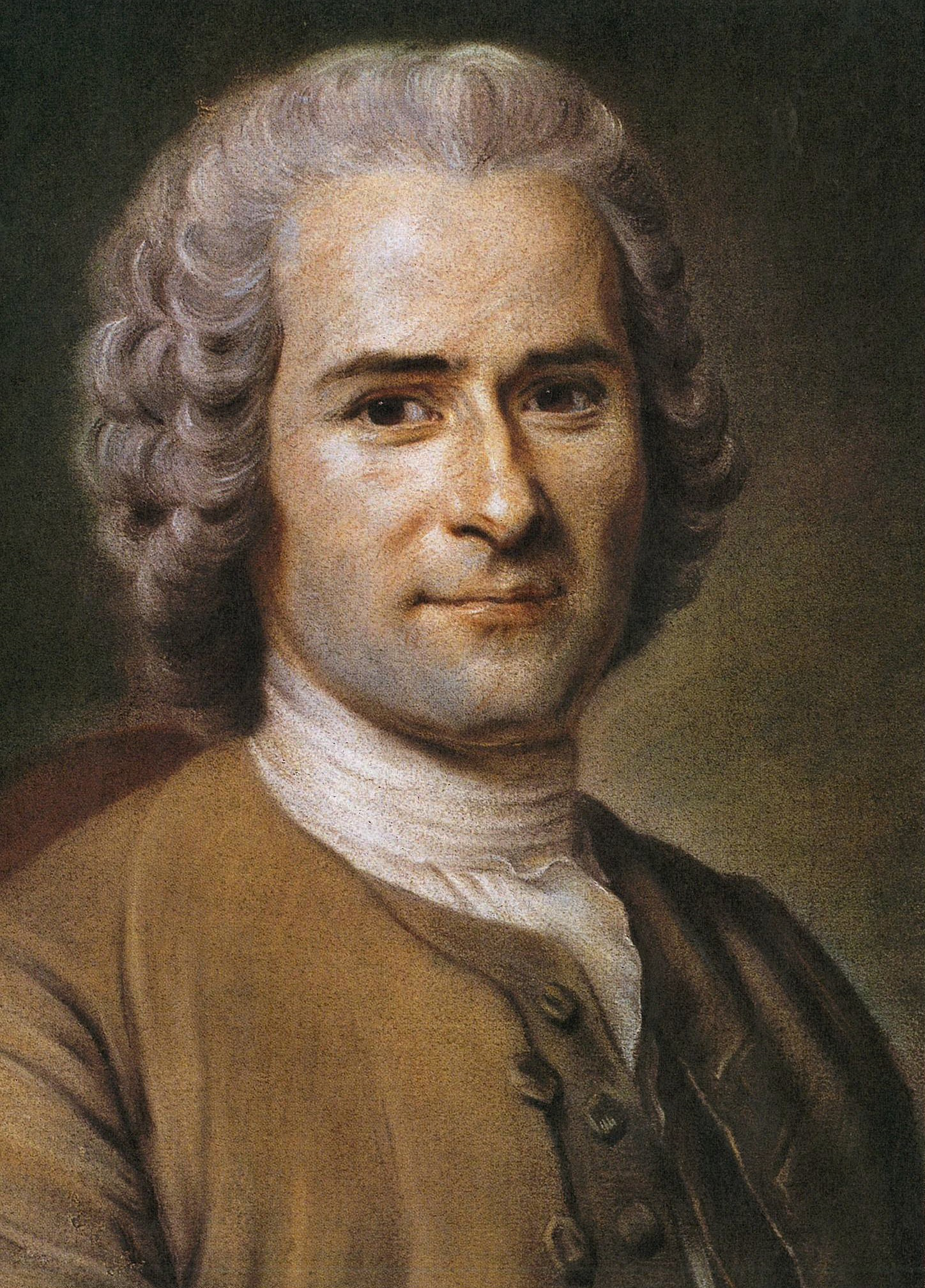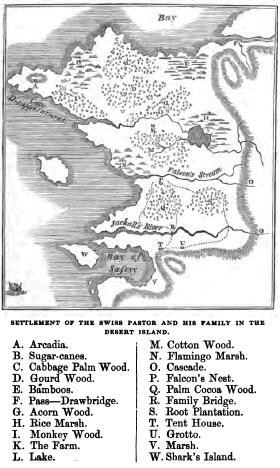Winterthur, 29 January 2016
Wearing my teacher´s hat again this day…conversation class.

Topic of discussion:
The Swiss Family Robinson, written by pastor Johann David Wyss (1812), edited by his son Johann Rudolf Wyss and illustrated by his son Johann Emmanuel Wyss, is a story about a Swiss family shipwrecked in the East Indies en route to Australia.

The novel was intended to teach his four sons about family values, good husbandry, the uses of the natural world and self-reliance.
Wyss’ attitude toward education is in line with the teachings of Jean-Jacques Rousseau:
“The noblest work in education is to make a reasoning man, and we expect to train a young child by making him reason!
This is beginning at the end.
This is making an instrument of a result.
If children understood how to reason they would not need to be educated.”

Many of the episodes have to do with Christian-oriented moral lessons.
The adventures are presented as a series of lessons in natural history and the physical sciences, and resemble other, similar educational books for children of this period, such as Charlotte Turner Smith´s Rural Walks: in Dialogues intended for the use of Young Persons (1795), Rambles Further: A continuation of Rural Walks (1796), A Natural History of Birds, intended chiefly for young persons (1807).

But the novel differs in that it is modeled on Daniel Defoe’s Robinson Crusoe, a genuine adventure story, and presents a geographically impossible array of large mammals, birds and plants that could never have existed together on a single island for the children’s education, nourishment, clothing and convenience.

Robinson is not a Swiss name, but rather it is used to show that the family is living in the Crusoe manner.

“It was the 7th day of the storm.
We didn´t know where we were.
Everyone on the ship believed that death was very near.”
(Johann David Wyss, The Swiss Family Robinson)
The ship survives and the family find themselves on a tropical desert island.
The book covers two years and during this time the family explores various environments around the island.
The Unicorn, a ship from Europe, arrives and offers to rescue the family, but they remain, preferring to live tranquilly on their island of New Switzerland.
My job as teacher is to encourage my students to discuss what they read and to further explore themes raised by the book.
I ask questions like:
- Your ship has hit rocks. You have to leave quickly and swim to an island. You can only take three things. What would you take?
- It is your first night on the island. It is dark and you are lying on a bed of dry grass. How do you feel?
- You are going to be alone on an island for six months. You can take one book, one CD and have one favourite meal. What would they be?
- You´ve been on the island for a long time. How would you get off the island if you thought rescue wasn´t coming?
- You are a parent of four boys, stranded together on the island. As their sole educator, what will you insist the boys learn?
We discuss questions of geography:
- What is the largest country? the richest? the poorest?
- In which country are you likely to live longest?
- Which is the longest river? the tallest mountain?
- What are the capital cities of…?
…that kind of thing.
I show them a map of an island of marshes and caves, forest and grassland, edible and dangerous animals, ocean and river.
Where would you search for food? for shelter?
How would you defend yourself?
How would you maintain your health?
How would you deal with the role of religion and the reality of death?
How would you generate industry and trade?
How would entertainment happen?
As we discuss these questions, I find myself wondering:
Has every discovery been made? Every adventure had?
Is there no more uncharted territory? No unmapped places? No nameless corners remaining? No unruly places that defy expectation?
How can we certain?
I think that this question matters.
Although we live with the expectation that the world is fully visible and exhaustively known, we also need places that allow our thoughts to roam unimpeded.
As we attain knowledge, we need to understand that we lose something in its attainment.
We need undiscovered islands.
We need New Switzerland.
I don´t want to live on a world that is totally known.
I want a world that still has the capacity to surprise me.
So either we must look at the ordinary in a new way or we must create a world of imagination.
Let´s boldly go where no one has gone before.
Welcome to New Switzerland, the undiscovered country.
